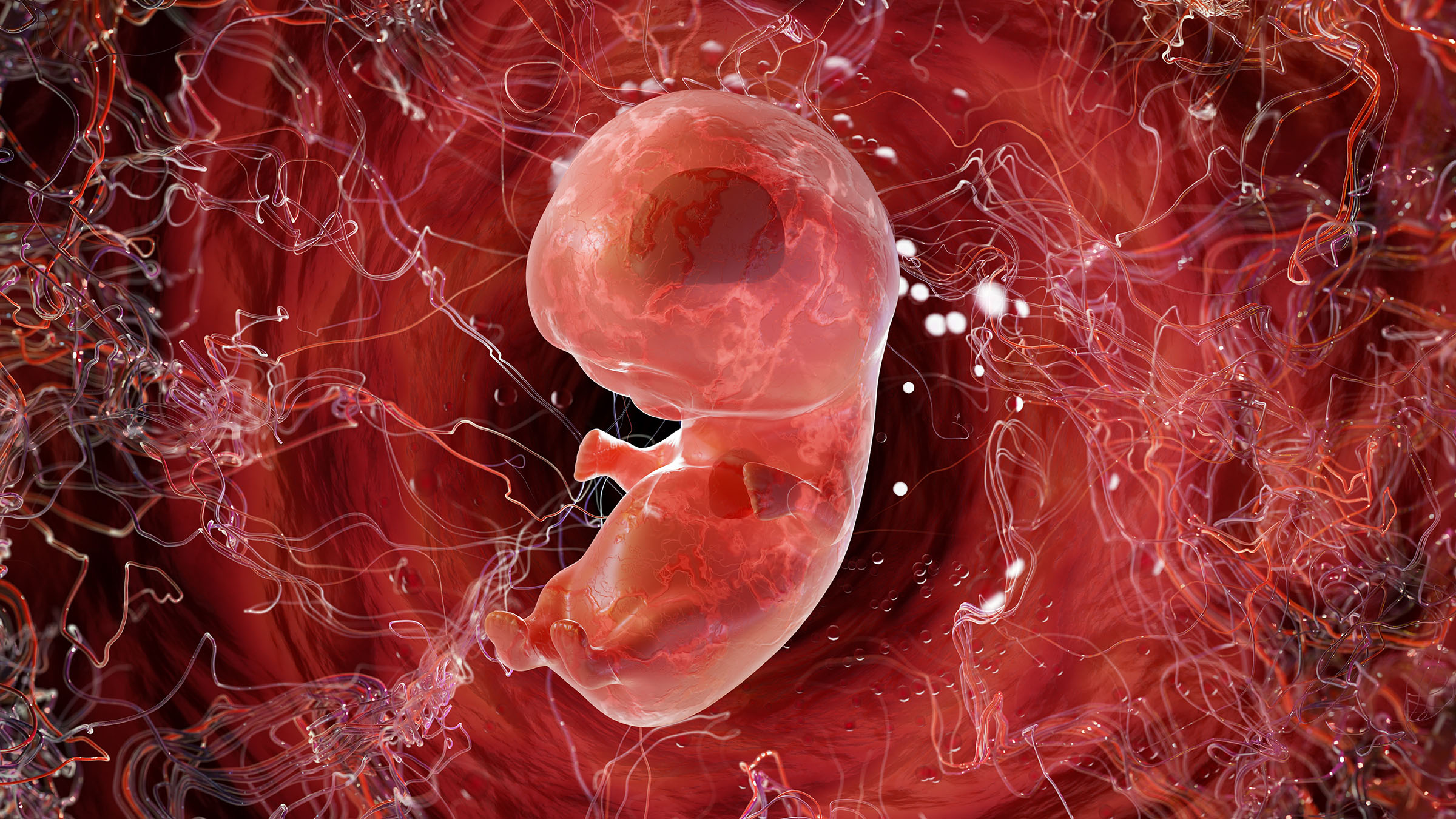

A foetus is a developing human baby in the womb. It is called a foetus from the eighth week of pregnancy until birth. Before the eighth week, it is called an embryo.
The foetus grows and develops rapidly in the womb. By the end of the first trimester, it has all of its major organs and body parts. During the second and third trimesters, the foetus grows larger and its organs and body parts mature.
The foetus gets its nutrients from the mother's blood through the placenta. The placenta is a special organ that develops in the womb and connects the foetus to the mother's blood supply.
The foetus is also protected from infection by the mother's immune system. The mother's body produces antibodies that protect the foetus from harmful germs.
The development of the foetus is divided into three trimesters:
The foetus is a very delicate organism, and it is important for the mother to take care of herself during pregnancy. The mother should eat a healthy diet, get enough exercise, and avoid smoking and drinking alcohol.
The foetus was removed from the mother's womb.

Noun: foetus, foetuses.
Adjective: foetal.
The word "foetus" is derived from the Latin word foetŭs, which means "young of an animal". The Latin word foetŭs is thought to be cognate with the Greek word foetḗs, which also means "young of an animal".
What is a foetus?
Question:
Explain the development of a foetus during pregnancy and the key milestones in its growth. Describe the different stages of fetal development, from the embryonic period to the foetal period, and the major changes that occur during each stage. Provide real-life examples of how prenatal care and maternal health can influence the growth and well-being of the foetus.
Answer:
The development of a foetus during pregnancy is a remarkable process with several key milestones. The embryonic period, lasting from conception to around 8 weeks, is characterised by rapid cell division and the formation of major organs and body structures. During the foetal period, from 9 weeks to birth, the foetus grows in size, and its systems continue to mature.
At around 12 weeks, the foetus can make movements, and by 20 weeks, it can hear sounds from the external environment. By 28 weeks, the foetus reaches a stage of viability, where it may have a chance of survival if born prematurely.
Prenatal care and maternal health significantly impact foetal growth and well-being. A balanced diet, avoiding harmful substances like alcohol and tobacco, and regular check-ups with healthcare professionals can contribute to a healthy and successful pregnancy.
In conclusion, understanding the stages of foetal development and the influence of prenatal care and maternal health is essential in ensuring the health and well-being of both the foetus and the mother during pregnancy.